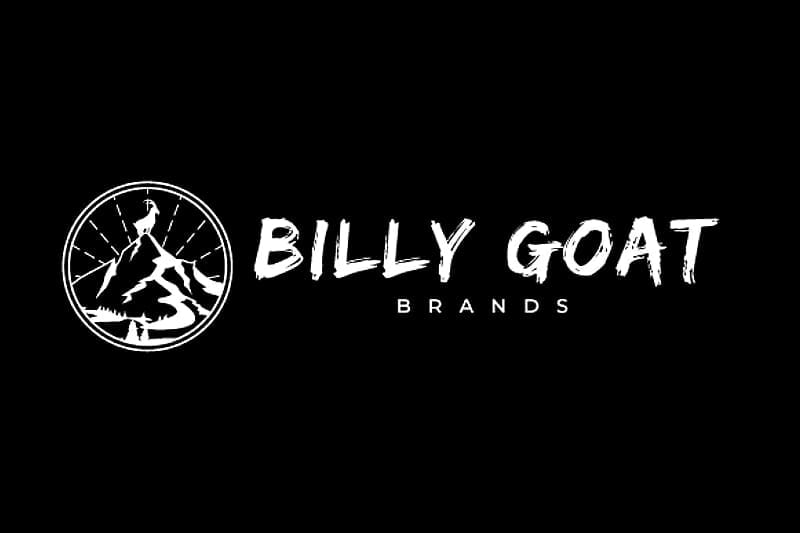Week in Review (Week 6)
I’ll admit, over the last couple of weeks I have consumed more meat-based dishes than I have plant-based. Does this make me an omnivore, or does the fact that I am consciously making an effort to consume more vegetarian options make me a flexitarian? Without getting philosophical, what is a flexitarian? By definition, a flexitarian refers to someone whose diet consists of mostly vegetarian and vegan options, but occasionally contains animal products. Speaking of philosophy, Packaged Facts’ August 2020 National Online Consumer Survey asked consumers which diet or eating philosophy they were primarily following. According to survey results, 3% of consumers followed a vegan diet, 3% followed a pescatarian diet, and 5% were vegetarian. For the remainder, 53% classified themselves as omnivores while a sizeable portion of 36% identified as flexitarians.
As someone who has the luxury of not having to make most of my own food at home, plant-based options aren’t usually on the menu. However, when I go out to eat, I do make a point of browsing a restaurant’s plant-based options. For example, after writing my last sector roundup, I had the privilege of going to 3 Brewers, a microbrewery serving a variety of European dishes, including German sausages, flatbreads, and Belgian waffles. After browsing the menu in its entirety, my date and I were drawn towards the Caprese flatbread, which was topped with fresh mozzarella, grape tomatoes, basil, and balsamic reduction. I must say, out of all the meat-based dishes I have had in the past two weeks, this flatbread blew them all out of the water. Maybe my palette has become more accustomed to plant-based foods, however, I think even my meathead friends would have enjoyed this flatbread, and that’s saying a lot.
For this week’s plant-based sector roundup, things are going to be a little different. Previously, I evaluated a company by looking at its product offering. However, this week I will be focusing on Billy Goat Brands Ltd. (GOAT.C) and its portfolio of plant-based companies. Let’s get into it!
Billy Goat Brands Ltd.
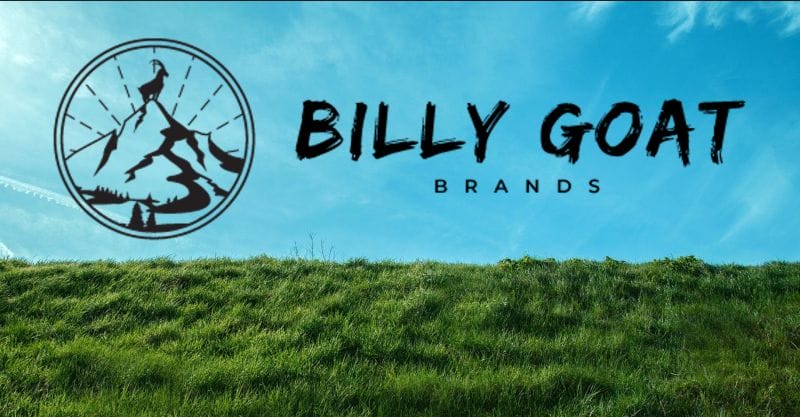
Billy Goat Brands Ltd. (GOAT.C) is a venture capital platform focused on investing in high-potential companies operating in the blue economy. For context, the blue economy refers to a term in economics related to the exploitation, preservation, and regeneration of the marine environment. In order to achieve its goals, Billy Goat’s operations consist of identifying and investing in private businesses with a focus on plant-based protein, functional foods, food technology, and fermented foods. Ultimately, the Company’s goal is to generate maximum returns from its investments in a manner that is consistent with its environmental, social, and governance (ESG) values. That’s all fine and dandy, but as my mom taught me, actions speak louder than words. How are Billy Goat’s portfolio companies doing their part?
Sophie’s Kitchen
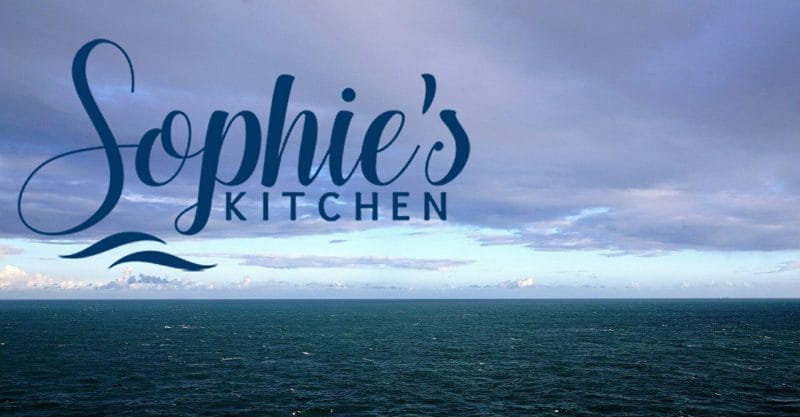
Sophies Kitchen, a plant-based seafood company, is one of three portfolio companies that Billy Goat has ownership in. More specifically, Billy Goat is positioned to own up to 46% of Sophie’s Kitchen. Plant-based beef is one thing, but plant-based seafood? I am already a bit skeptical. According to the company, seafood is more difficult to replicate than other plant-based meats. I can’t say I am surprised since the textures and flavors of seafood can differ drastically. Even if you despise seafood, anyone would be able to tell the difference between a salmon fillet and a lobster tail by these two characteristics alone. With this in mind, plant-based shrimp, tuna, scallops, and crab are already available to consumers in the market, including Sophie’s Kitchen products. Some of Sophie’s Kitchen products include plant-based shrimp, crab cakes, fish fillets, smoked salmon, and the company’s Toona branded products.
Let’s talk numbers for a second. In 2020, the plant-based seafood market grew 23%, to $12 million. Keep in mind, the traditional seafood market is worth USD$15 million, with fish accounting for 50% and shellfish for 33% of this market. More recently, in the first half of 2021, investments in U.S. plant-based seafood hit $70 million, totaling more than it did in the past two years combined. With this in mind, there is a hot market for plant-based seafood, which looks promising for the sustainability of our oceans. According to the Food and Agriculture Organization (FAO) of the United Nations, nearly 90% of global marine fish stocks are fully exploited, overexploited, or depleted. To make matters worse, the fishing industry is highly competitive, with fishing subsidies estimated to be as high as $35 billion worldwide. Of this amount, big businesses are disproportionately funded, leading to the overcapacity of fishing vessels. In fact, today’s worldwide fishing fleet is estimated to be up to two-and-a-half times the necessary capacity to catch what we need.
The Vegetarian Butcher
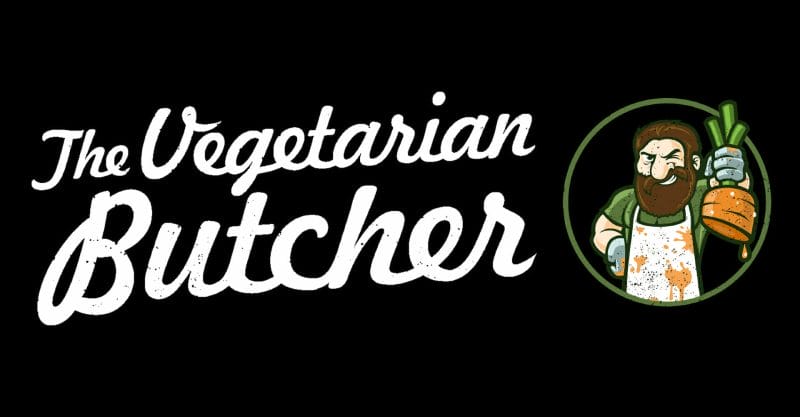
Not to be mistaken for The Very Good Butcher, The Vegetarian Butcher (TVB) operates both on a brick-and-mortar basis and through its e-commerce site, offering plant-based protein products, with locations in Kelowna and Vancouver, British Columbia. Billy Goat currently holds a 12.4% ownership stake in TVB, which is projected to operate 36 locations over the next three years through a nationwide expansion plan. TVB is committed to providing plant-based meat substitutes for all plant-based consumers, including vegetarians and vegans, but also for the growing demographic of flexitarians. Additionally, the company provides gluten-free and GMO-free products for those with food allergies and sensitivities. Some of TVB’s products include vegan burgers, chicken, sausages, meatballs, jerky, and dairy-free cheeses.
As a portfolio company of Billy Goat, the Company is providing TVB with expansion capital and direction with respect to brand-building and marketing. In the first two months of opening, TVB’s two stores were able to become self-sufficient, inspiring the company to establish new locations in Langley and Kamloops, British Columbia. Moreover, by the end of 2021, TVB plans to open five additional locations across the cities of Langley, White Rock, and North Vancouver, British Columbia. With regards to the Canadian plant-based market, 2.3 million Canadians followed a vegetarian diet and 43% stated that they were looking to incorporate more plant-based foods in their diet. Additionally, 79% of Generation Z consumers are aspiring to go meatless at least 1-2 times per week. With this in mind, there is a clear demand for plant-based foods and TVB is well-positioned to serve this market.
FunGuys Beverages (Not Listed)
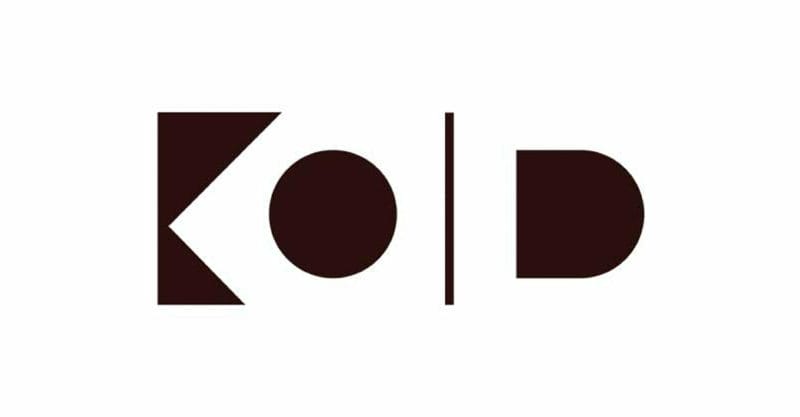
Last but not least, FunGuys Beverages is Billy Goat’s third portfolio company, of which the Company owns 100%. FunGuys is a leading distributor of organic Chaga and Lion’s Mane mushroom-infused cold brew coffee under the KOLD brand. While Chaga mushrooms promote gut health and decrease inflammation, Lion’s Mane mushrooms are recognized for their immunity-enhancing properties and cognitive health benefits. Each serving of KOLD is infused with 160mg/oz of Chaga and Lion’s Mane mushroom extract, for a total of 640mg/oz per 2oz serving. With this in mind, KOLD is intended to provide consumers with a great-tasting functional beverage. Through KOLD, Billy Goat hopes to capitalize on a portion of the functional mushroom market, which is expected to grow from a valuation of $23 billion to about $34 billion in the next four years. Looking forward, this market could be worth approximately $34 billion by 2025.
Furthermore, KOLD also provides Billy Goat with a foot in the global coffee market, which was valued at USD$102.02 billion in 2020, and is estimated to expand at a CAGR of 4.28% between 2021 and 2026. In the future, KOLD plans to expand globally, focusing on the United States. Additionally, KOLD products are packaged using reusable glass bottles through a partnership with Terracycle’s Loop™ Initiative. TerraCycle is a recycling company dedicated to responsibly recycling hard-to-recycle materials, diverting waste from landfills and incinerators. With that being said, the company’s Loop™ Initiative ensures that reusable design guidelines are met by any product listed on the Loop™ platform, including KOLD. FunGuys has also engaged Brew N Bottle, a product formulation company credited for producing products for popular brands such as Starbucks, Whole Foods Market, and Folgers, to name just a few. In early Fall 2021, the company plans to launch its KOLD brand through online distribution channels like Amazon.
So, what has Billy Goat been up to lately? Recently, on September 21, 2021, the Company announced its investment into Evanesce Packaging Solutions Inc., a sustainable packing company committed to the adoption of green packaging while also re-designing standard disposable food containers. Similar to good natured® Products, a company I covered in a previous sector roundup, Evanesce develops standard disposable food containers using a patented compostable technology made from plant-based byproducts. Currently, the company has three issued patents, one pending patent, and seventeen claims. As Canada’s single-use plastic ban continues on its path towards banning checkout bags, stir sticks, beverage six-pack rings, cutlery, straws, and food packaging made from harmful plastics by the end of 2021, investing in sustainable packaging is a no-brainer.
“We are energized by our newest investment in Evanesce Packaging and look forward to supporting the business with our broad set of resources, and watching it grow to a significant position within the sustainable packaging industry,” said Tony Harris, Chairman and CEO of Billy Goat.
For the financial gurus out there, on September 22, 2021, Billy Goat announced that its board of directors had approved the settlement of $202,100 in debt through the issuance of 404,200 common shares. These shares were issued to two creditors for strategic advisory and business consulting services related to Billy Goat’s acquisition of an interest in Sophie’s Kitchen. The shares will be issued at a deemed price of $0.50 and will be subject to a four-month hold period. By settling debt via the issuance of shares, Billy Goat intends to preserve its cash for the continued investment in candidate companies. It is worth noting that Billy Goat only began trading on the Canadian Securities Exchange (CSE) on September 16, 2021, under the ticker GOAT. The Company also intends to submit an application to the Depository Trust Company (DTC). In becoming DTC eligible, this electronic method of clearing securities will expedite the receipt of stock and cash, ultimately streamlining the settlement process for investors and reducing transaction costs for brokerage firms.
“The listing of our common shares for trading on the CSE is a great milestone for the Company. Billy Goat offers investors the opportunity to participate in a unique, ESG-focused investment incubator that is working with some of the most interesting plant-based food technology companies in North America,” said Tony Harris.
So, what do you think of Billy Goat? Personally, I think ESG investing is the way to go, as plant-based products continue to gain traction. With this in mind, Billy Goat presents a great opportunity for investors to build their own ESG portfolio centered around sustainable alternative food and beverage companies like Sophie’s Kitchen, The Vegetarian Butcher, and FunGuys. In addition to its capital investments, Billy Goat also provides strategic assistance, network connections, and support to help its portfolio companies grow faster. In terms of financials, Billy Goat had cash of CAD$409,966 as of December 31, 2020. In the same period, the Company’s total assets and total liabilities were CAD$406,966 and CAD$33,483, respectively. Following Billy Goat’s recent listing on the CSE, it will be interesting to see how the Company’s financials shape up in the next few months.
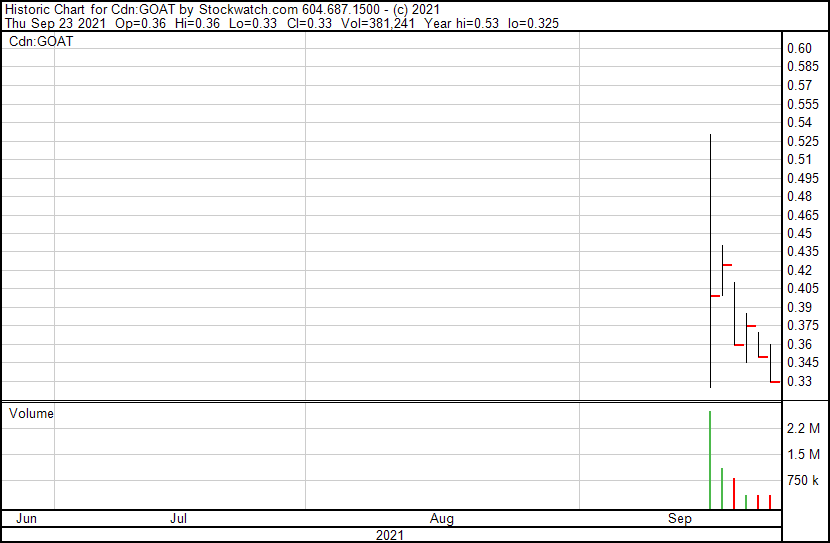
Billy Goat’s share price opened at $0.36. The Company’s shares were trading at $0.33 at market close today (September 23, 2021).




